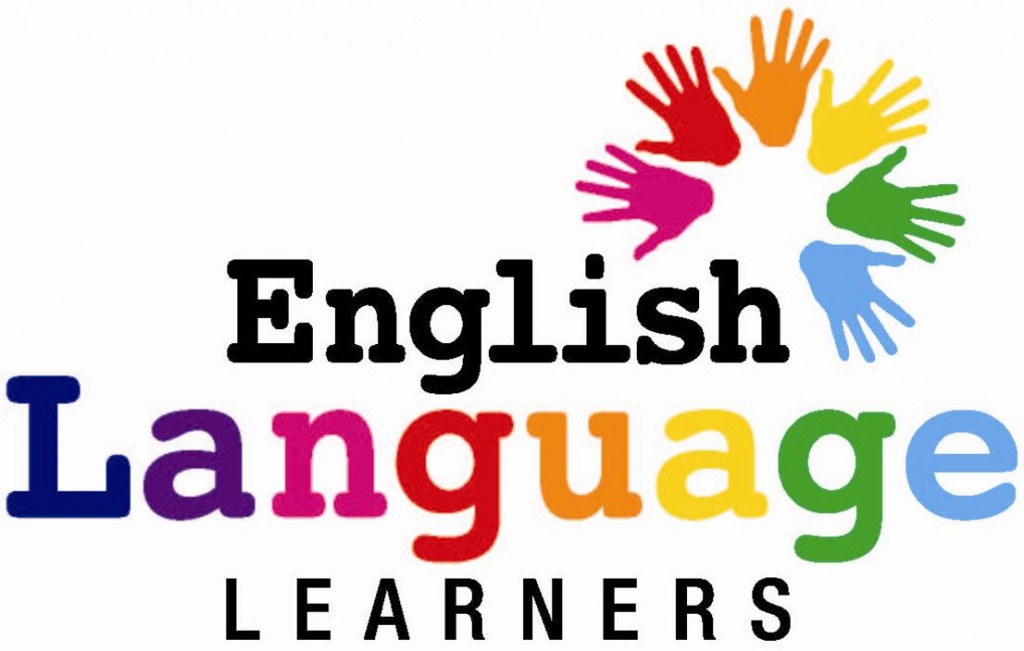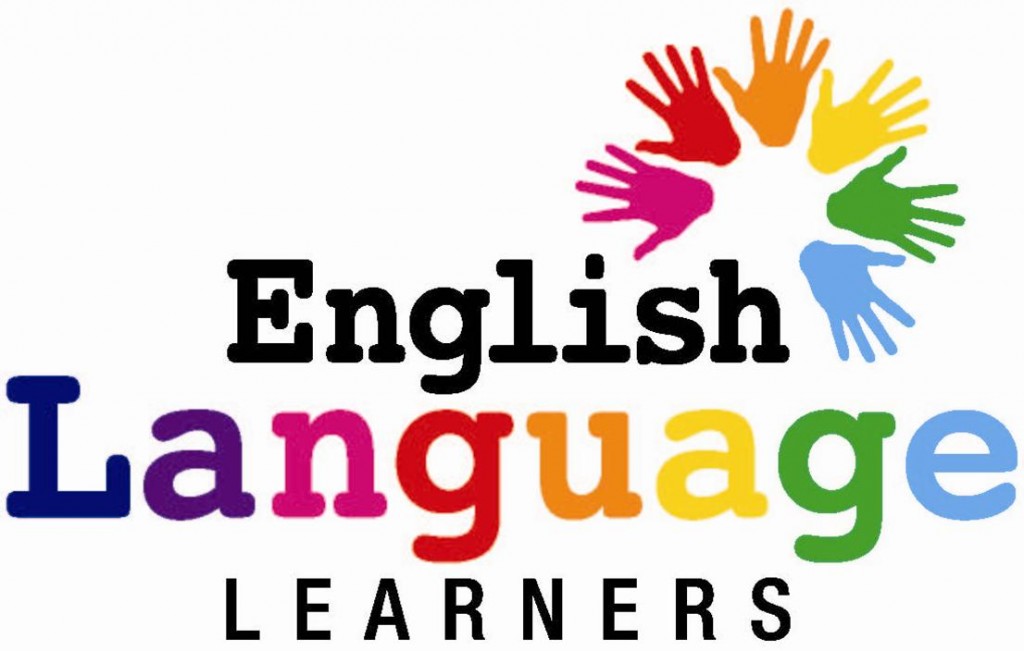Welcome to Online English Section with explanation in Affairs Cloud.com. Here we are creating question sample in Cloze test, which is BASED ON IBPS & SBI PO/CLERK/LIC AAO/RRB, RBI, IPPB,SSC CGL EXAM and other competitive exams !!!
Click Here to View Hand tips to attempt Cloze test
The word “openness” has two related but (1) connotations. It can mean that something is unrestricted, accessible, and possibly (2) ; or it can mean that something, such as a person or institution, is transparent, as opposed to secretive.
The first meaning is often applied to trade, investment, and technology (though most definitions do not match opportunity with vulnerability), which have always driven structural economic changes, especially with respect to employment. Structural change can be simultaneously beneficial and (3) . And policymakers have long had to strike a balance between the abstract principle of openness and (4) measures to limit the worst effects of change.
Fortunately, academic research and historical (5) can help policymakers respond to this challenge intelligently. Consider the experience of Northern Europe’s small developed countries, which (6) to be open, and for good reason: if they were not, they would have to over-diversify the tradable parts of their economies to meet domestic demand. That would (7) high costs, because the small size of the domestic market would prevent them from achieving economies of scale in technology, product development, and manufacturing.
But these countries’ openness has increased the economic and political (8) of investments in human capital and a strong social safety net. Social-security policies are doubly important for small, specialized economies, because an external shock to one tradable sector can affect the entire economy.
It wasn’t always so. Small- and medium-size economies such as Canada, Australia, and New Zealand used to have (9) policies that over-diversified their tradable sectors. But with increased international trade and specialization, the cost of domestically produced goods – such as cars – relative to imports became too high for consumers to bear. In the 1980s and 1990s, these three countries began to open up, and experienced difficult structural transitions that nonetheless (10) productivity and provided broad-based benefits to citizens and consumers.
- 1) breakthrough
2) addition
3) distinct
4) ambiguous
5) indistinctAnswer – 3)
Explanation: distinct – recognizably different in nature from something else of a similar type. - 1) undefined
2) vague
3) fuzzy
4) vulnerable
5) upgrade,Answer – 4)
Explanation: vulnerable – exposed to the possibility of being attacked or harmed, either physically or emotionally. - 1) obscure
2) hazy
3) apparent
4) perceptible
5) disruptiveAnswer – 5)
Explanation: disruptive – causing or tending to cause disruption. - 1) concrete
2) explicit
3) obvious
4) breakthrough
5) incrementAnswer – 1)
Explanation: concrete – existing in a material or physical form; not abstract. - 1) abstract
2) ideal
3) immaterial
4) perspective
5) piqueAnswer – 4)
Explanation: perspective – the art of representing three-dimensional objects on a two-dimensional surface so as to give the right impression of their height, width, depth, and position in relation to each other. - 1) intangible
2) tend
3) inclusive
4) mutilate
5) blemishAnswer – 2)
Explanation: tend – regularly or frequently behave in a particular way or have a certain characteristic. - 1) plenary
2) consummate
3) impose
4) aggrieve
5) grieveAnswer – 3)
Explanation: impose – force (an unwelcome decision or ruling) on someone. - 1) unabridged
2) outright
3) utter
4) distort
5) salienceAnswer – 5)
Explanation: salience – the quality of being particularly noticeable or important; prominence. - 1) aggregate2) exhaustive
3) integral
4) protectionist
5) contortedAnswer – 4)
Explanation: protectionist – an advocate of the policy of shielding a country’s domestic industries from foreign competition by taxing imports. - 1) conclusive
2) mangle3) boosted
4) prejudiced
5) maltreatedAnswer – 3)
Explanation: boosted – help or encourage (something) to increase or improve.



